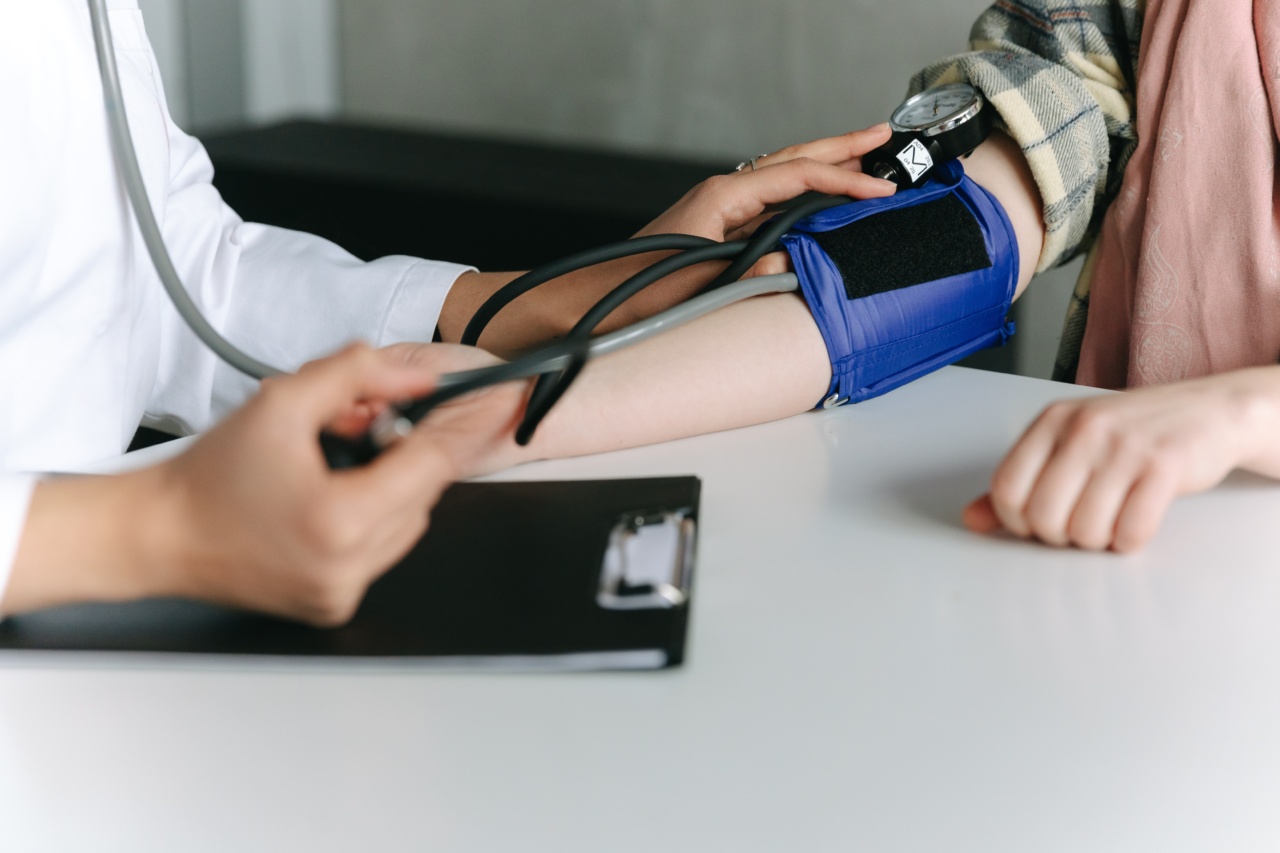Hypertension, or high blood pressure, is a condition that affects millions of people around the world. It occurs when the force of blood flowing through your arteries is consistently too high, putting extra strain on your heart and blood vessels.
While hypertension is often called the “silent killer” because it typically has no symptoms, there are sometimes subtle signs that indicate your blood pressure is too high. In this article, we’ll explore some of the subtle symptoms of hypertension that you should never ignore.
1. Headaches
While headaches can be caused by a number of factors, they are sometimes a symptom of hypertension. If you experience frequent headaches, especially in the morning, it’s a good idea to get your blood pressure checked.
If your headaches are caused by high blood pressure, treating the hypertension may help to relieve the pain.
2. Fatigue or confusion
High blood pressure can sometimes cause fatigue or confusion, especially in older individuals. If you feel unusually tired or find it difficult to concentrate, you should consult with your doctor.
These symptoms can be caused by a number of factors, but they may sometimes be an indication of hypertension.
3. Vision problems
Hypertension can damage the blood vessels in your eyes, leading to vision problems. If you experience blurry vision, double vision, or other changes in your vision, it’s important to see an eye doctor as soon as possible.
While these symptoms can be caused by a number of conditions, hypertension is one possible cause that should not be ignored.
4. Chest pain
Chest pain or discomfort can sometimes be a symptom of hypertension. If you experience chest pain or discomfort, especially during physical activity or exertion, you should seek medical attention immediately.
While this symptom can be caused by a number of conditions, it can sometimes indicate a heart problem that is related to high blood pressure.
5. Shortness of breath
Difficulty breathing or shortness of breath can sometimes be a symptom of hypertension. If you find it difficult to catch your breath, especially during physical activity, it’s important to get your blood pressure checked.
High blood pressure can cause the tissues in your lungs to become stiff and less flexible, making it harder to breathe.
6. Nosebleeds
While nosebleeds are usually harmless and not a symptom of hypertension, they can sometimes be an indication of high blood pressure.
If you experience frequent or severe nosebleeds, you should consult with your doctor to rule out any underlying conditions.
7. Numbness or tingling
Hypertension can sometimes cause numbness or tingling in your arms, legs, or face. If you experience these symptoms, especially on one side of your body, you should seek medical attention immediately.
These symptoms can be caused by a number of conditions, but they can sometimes indicate a stroke or other serious problem related to high blood pressure.
8. Flushing
Flushing, or redness and warmth in your face, can sometimes be a sign of hypertension. If you experience flushing, especially when you’re stressed or anxious, you should consult with your doctor.
While this symptom can be caused by a number of factors, high blood pressure is one possible cause that should not be ignored.
9. Swelling
Hypertension can cause fluid to build up in your body, leading to swelling in your feet, ankles, or legs.
If you experience swelling, especially if it’s accompanied by shortness of breath or chest pain, you should seek medical attention immediately. These symptoms can indicate a serious problem related to high blood pressure.
10. Dizziness
Dizziness or lightheadedness can sometimes be a symptom of hypertension. If you feel dizzy or lightheaded, especially when you stand up or change positions, you should get your blood pressure checked.
High blood pressure can cause the blood vessels in your brain to become less flexible, leading to dizziness and other symptoms.
Conclusion
While hypertension typically has no symptoms, there are sometimes subtle signs that indicate your blood pressure is too high.
If you experience any of the symptoms listed above, it’s important to get your blood pressure checked and consult with your doctor. Hypertension can increase your risk of heart attack, stroke, kidney disease, and other serious health problems, so it’s essential to take it seriously and take steps to manage your blood pressure.





























